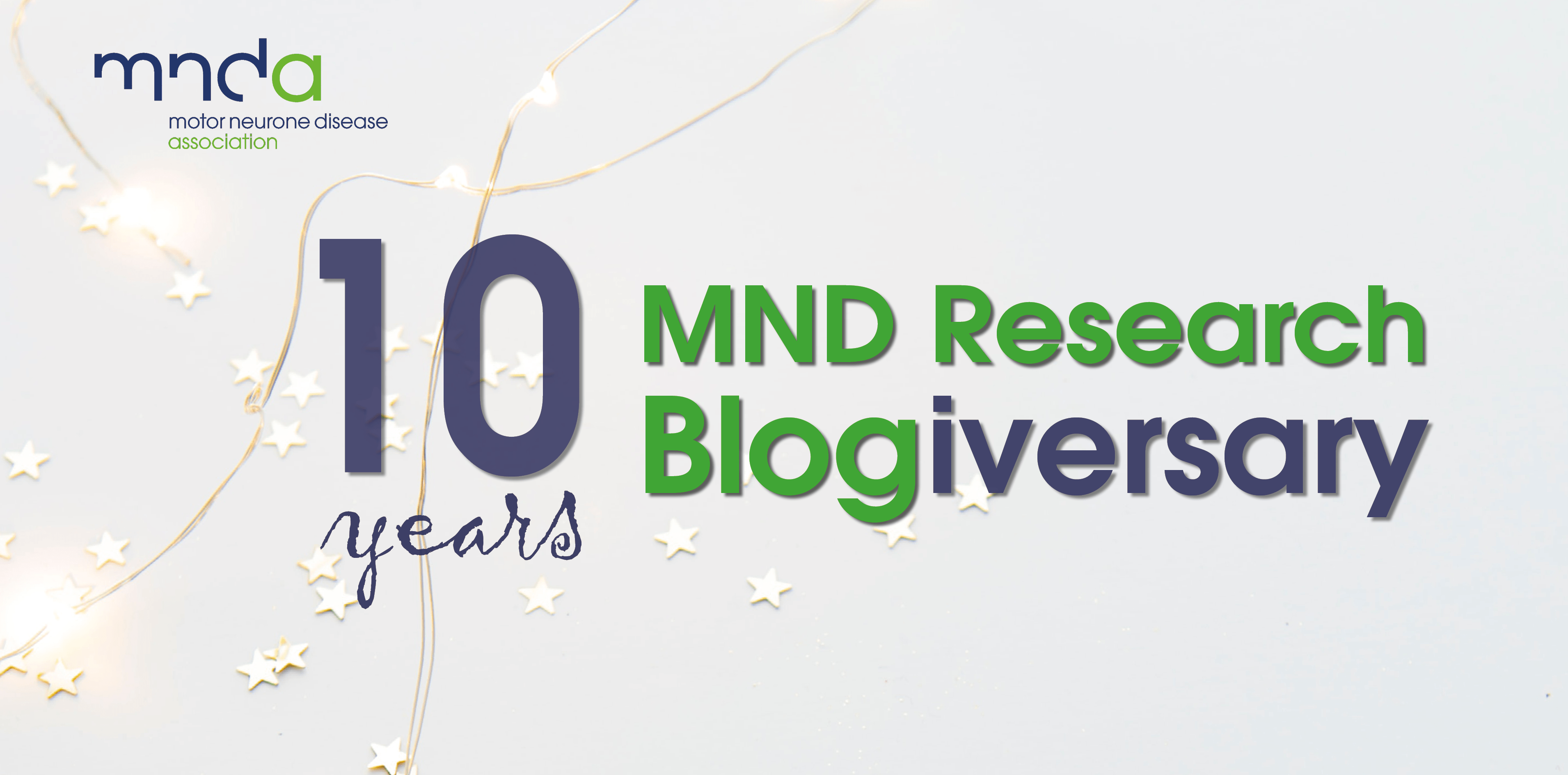As the newest recruit to the Research Development Team, I have been asked to let everyone know a bit more about me. Previously I was a Medicinal Chemist working for GlaxoSmithKline (GSK) for almost 20 years. In that time I “survived” two corporate mergers and worked at three different research sites. For almost a third of my career I was involved with neuroscience projects, seeking new therapies for Alzheimer’s Disease or chronic pain. My main role was to design and synthesise new molecules, which were then passed to biologists for testing, the results being used for the next round of design.
Earlier this year, GSK senior management decided to decrease its neuroscience research, resulting in many redundancies. I have extensive voluntary experience of working with disabled people, and in organising other volunteers. I decided to see if I could use my scientific knowledge in a job which would benefit sick or disabled people – and then I saw the advert for Research Grants Manager at the MND Association. As I discovered more about the disease and the Association (thanks to all involved with the invaluable and comprehensive website), met enthusiastic people at my interview, and recognised that I had previously known people with MND though my volunteering, I realised this would be a great opportunity.
With little prior knowledge of Motor Neurone Disease, I have been on a steep learning curve over the past two weeks. I have had meetings with representatives from many of the other teams, so I can understand how we all work together for the common aims of the Association. I was lucky to attend the AGM and Annual Conference, where I met an even greater range of people, including volunteers and some of the Trustees. The keynote speaker was Professor Nigel Leigh (Kings College, London), who gave an excellent overview of the current status of biomedical research into the causes of MND. It is important that I have a good understanding of the relevant science before the Biomedical Research Advisory Panel Meeting in October, so I have been reading lots about recent and current research. It has been quite hard work to understand the detailed biology, especially getting to grips with all the acronyms , but my colleagues have been answering my questions with patience. I have also accompanied Brian to a meeting arranged to foster collaboration between two different groups of researchers.
My experience in “drug discovery” falls somewhere between the main areas of research currently funded by the MND Association – ie the biomedical studies into causes of the disease and the clinical investigations of potential therapies and of ways to improve quality of life for patients. However, my industrial experience has given me a good understanding of how basic research is essential before new therapies can be developed. Already we are funding one research project in collaboration with a biotech company and another where the academic scientists hope to identify chemicals that can correct a problem with faulty SOD1 proteins. With “incurable optimism” we can look forward to more projects like these in the future.





Comments are closed.